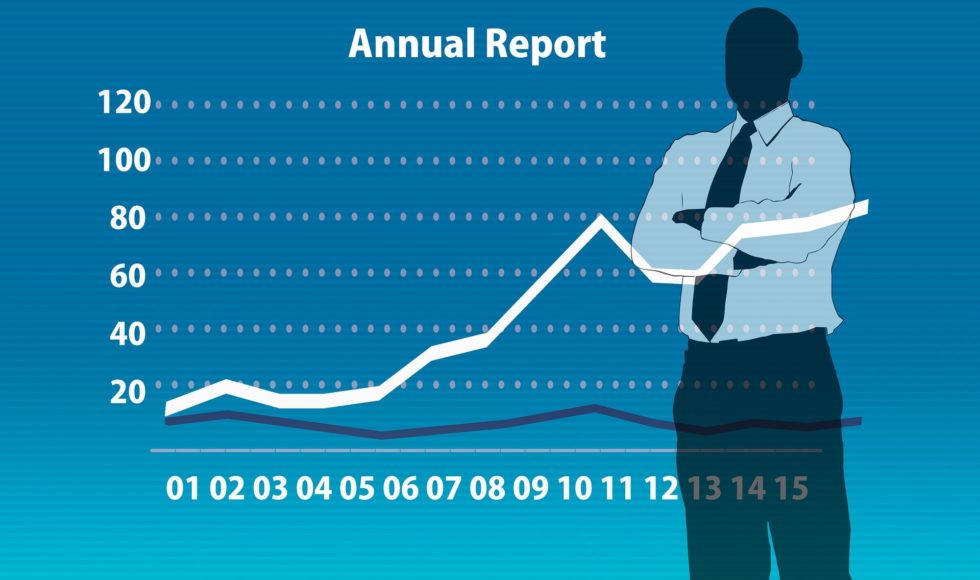Statutory accounts are your company’s annual account which are created from the company’s financial records at the end of the tax year. They report on the financial activity and performance of your company and can be used to work out corporation tax. They must be sent to all shareholders and to the people who attend your company’s general meetings. The report must also be sent to Companies House, and HM Revenue and Customs as part of your tax return. The accounts you file with Companies House are publicly available and preparing and submitting these reports is required by law.
If you haven’t done them before, preparing statutory accounts can be a daunting task. In this guide we explain what is required for different types of company. Please note that for the latest information it is important to consult the government website or speak to an experienced accountant who can help with all aspects of this process.
What do statutory accounts consist of?
All statutory accounts must include the following:
- A balance sheet which details the value of everything the company owns, owes and is owed on the last day of the financial year
- A profit and loss account which evidences the company’s sales, running costs and the profit or loss it has made over the financial year
- relevant notes about the accounts
- A director’s report (unless your business is classed as a ‘micro-entity’) see more information about this below.
Timeframe
Usually, the amount of time allowed for providing accounts to Companies House for a private company is nine months from your accounting reference date or ARD. There are fines for filing your report late, which range from £150 for being a month late, to up to £1,500 for being more than six months late so it pays to make sure you get yours in on time.
Your first accounting reference date will be a year to the day you started you incorporated your company. Your ARD will then be on this date every year.
Annual account for small companies
The definition of a small company is if it has at least two of the following:
- A turnover of less than £10.2 million
- £5.1 million or less on then balance sheet
- 50 employees or less.
If you meet these requirements this can make things easier as small companies only need to send ‘abridged’ account accounts to Companies House. These accounts contain a much simpler balance sheet and make less information about your company publicly available.
The balance sheet should have the name of a director printed on it and must be signed by a director. You can also choose whether you want to send a directors’ report and a profit and loss account, and whether they you want the company to be audited.
Annual account for even smaller companies (micro-entities)
Very small companies are considered micro-entities. To be considered a micro-entity, your company must meet at least two of the following criteria:
- A turnover of less than £632,000
- £316,000 or less on the balance sheet
- 10 employees or fewer
If your company fits the definition of a micro-entity, your statutory accounts can be even simpler and you return your balance sheet to Companies House with less information. The exemptions above which apply to small companies also apply to micro-entities.
How to prepare company accounts for a small company
- If the government counts your business as a ‘small company’ or a ‘micro-entity’, you may be able to send simpler accounts to Companies House and not need to be audited.
- It counts as a ‘micro-entity’ if it has at least two of the following: a turnover of £632,000 or less, £316,000 or less on its balance sheet, and 10 employees or fewer.
- Small businesses and micro-entities can use an exemption so that their accounts don’t need to be audited, and can choose whether to send a copy of the director’s report and profit and loss account.
- Micro-entities can prepare simpler accounts that just meet statutory minimum requirements, and send only their balance sheet to Companies House.
It’s perfectly possible to compile your statutory accounts in house, yet when such important information is at stake it makes sense to hire a professional to ensure that it’s correct the first time.
BNA consulting are some of the top accountants in London and can provide you with comprehensive and meticulous annual reports in no time. Contact them today to see how much time they can save you.


